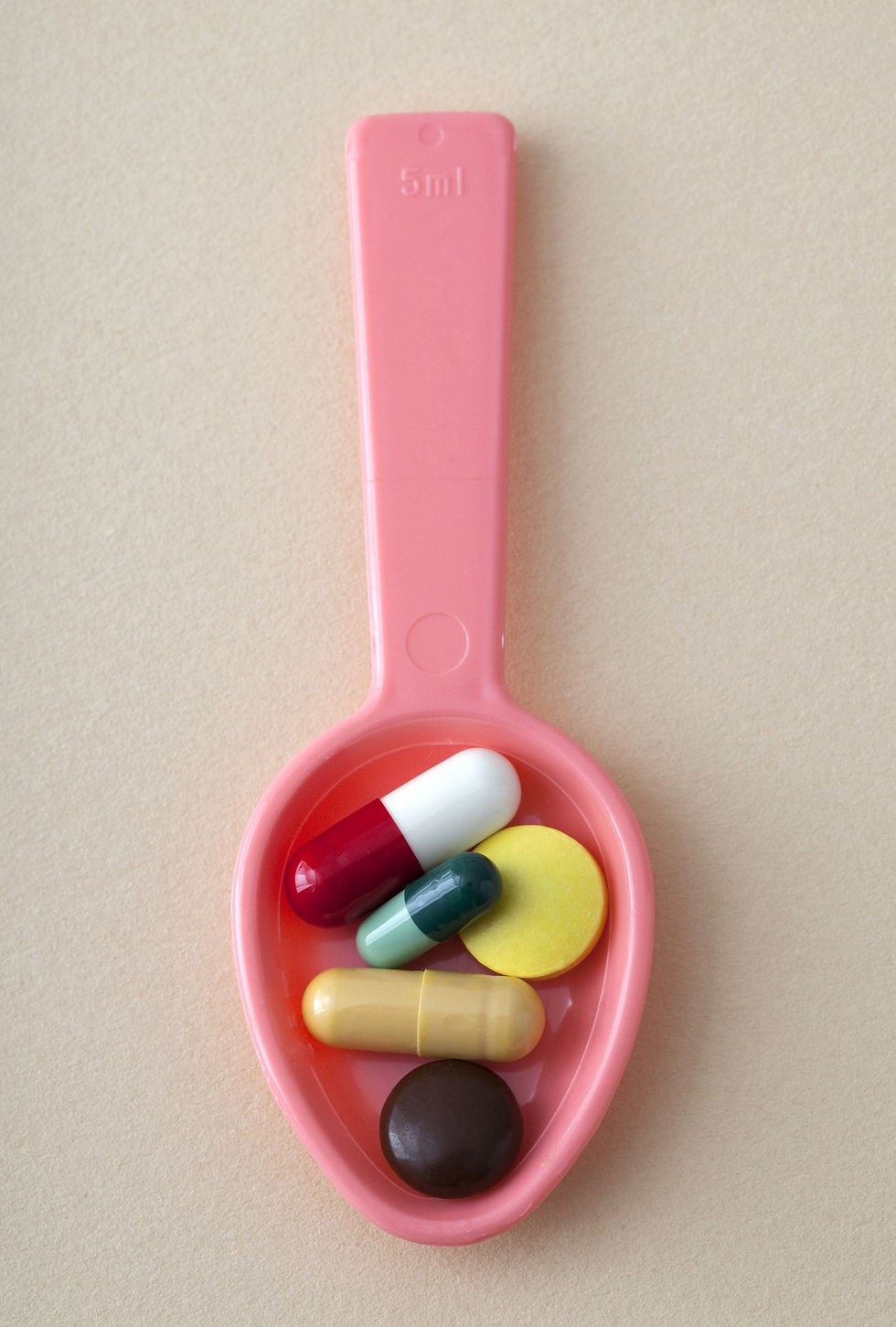
Protecting yourself from the common cold and flu is not easy. There are simple effective strategies such as hand washing and avoiding contact that can help to reduce your chances, however it is almost impossible to avoid in the long run. Here are some tips I use at home to prevent the onset, or reduce the duration of colds and flu.
Stay well hydrated- Drinking plenty of clear fluids such as water and herbal tea helps to maintain adequate moisture in the respiratory tract and blood, and helps to thin out mucus. During an illness we tend to lose more water as the body temperature rises, so it is important to replace lost fluid in order to maintain these moisture levels.
Sleep- Adequate sleep and rest is vital for the healing process to occur. During the deepest of sleep our immune system is able to function more efficiently.
Limit sugar- Excessive sugar consumption can promote inflammation and reduce the ability of immune cells to fight infection. So that big glass of concentrated orange juice may be doing you more harm than good! Eat a whole-foods, nutrient-dense diet rich in non-starchy vegetables, healthy fats and high quality protein. Avoid simple starches, refined grains and trans fats.

Certain supplements may also help to prevent or shorten the duration of colds:
Vitamin C- A potent antioxidant naturally found in dark berries, citrus fruits, tomatoes and brassica vegetables. Vitamin C is not only critical for immune function but it also has a direct anti-viral effect. I usually recommend boosting your daily Vitamin C intake to at least 2g daily for adults.
Other beneficial vitamins and minerals include Vitamin A, Vitamin D, Zinc and Selenium.
Echinacea- A popular traditional herbal remedy used in the treatment of colds and flu. Studies have shown that extract prepared from the whole plant, (eg Echinaforce) was found to be the most effective. Start taking it as soon as you feel the onset of cold symptoms. One study showed that Echinacea was as effective as Tamiflu in the early treatment of flu, with less complications.
Black elderberries- These small, dark berries are abundant in the wild at the start of winter, nature knows best! When taken regularly as a juice, syrup or capsules they can help to prevent colds due to their high flavonoid content with antioxidant properties.
Garlic: Garlic releases a compound called Allicin when it is crushed. This enhances the function of immune cells and reduces inflammation. Garlic also contains broad spectrum antimicrobial properties.
Ginger- Ginger is a potent anti-inflammatory and may have anti viral activity against certain viruses that affect the respiratory system. The easiest way to take it is as a concentrated tea that can be sipped throughout the day.

Medicinal Mushrooms- Mushrooms have been used for centuries for their healing properties. Usually taken as capsules, tinctures or tea, their benefits include boosting the immune system, being anti-inflammatory and anti-viral. They also support liver function and cholesterol levels, and some may have anti cancer properties too. Glucan, a molecule found in medicinal mushrooms, enhances the immune response against the flu virus. Particularly beneficial mushrooms for boosting immunity include Chaga, Cordyceps, Reishi, and Shiitake mushrooms.
Probiotics: Fermented foods (such as kefir, sauerkraut and kimchi), and probiotic supplements introduce beneficial bacteria to the gut which are essential for preventing and fighting cold and flu viruses. A healthy gut microbiome supports immunity due to the ability of gut bacteria to modulate the immune response. This helps immune cells to respond normally during an infection, and not overreact when they shouldn’t such as in autoimmune disease and chronic inflammation, leading to a fatigued immune system.
If you start some of these remedies early enough, you may be able to prevent catching a bug. But even if you're not so lucky, you may be able to speed up your recovery so you can get back to feeling yourself again.
*The content of this blog is for informational purposes only. It is not intended to be a substitute for professional medical advice and should not be relied on as health or personal advice. Always seek the guidance of your doctor or other qualified health professional with any questions you may have regarding your health or a medical condition

Comments